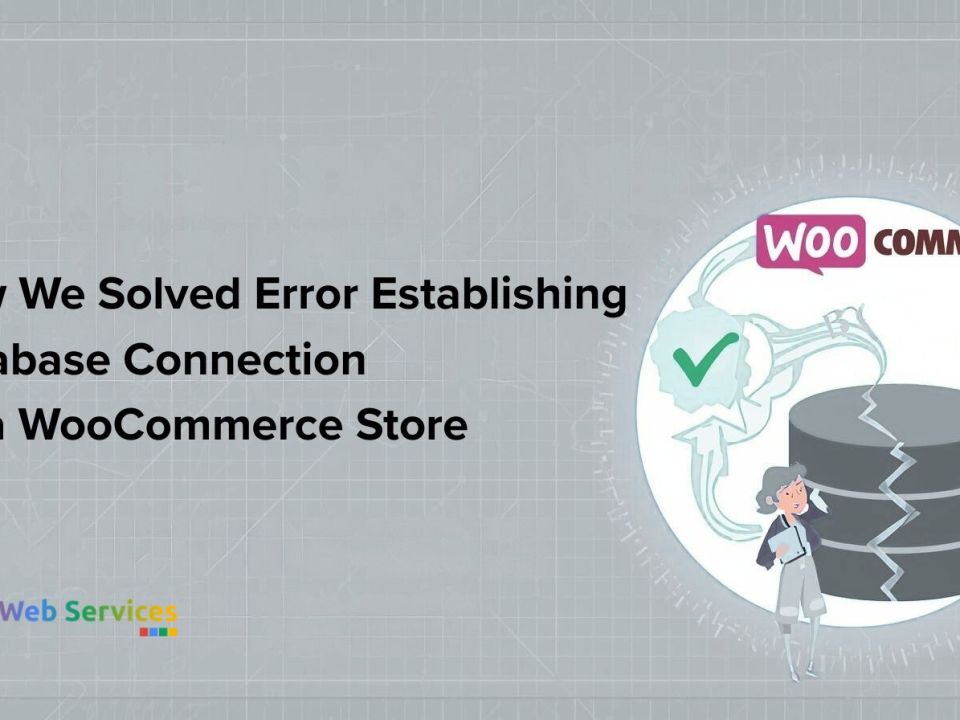Businesses need to be serious about Google
25 September 2014Drawbacks Faced by Startups to Increase Their traffic
2 October 2014Things Hosting Providers Love Hyping (that have no bearing on quality of solution)
Interactions with hosting service providers are an inevitability that everyone who intends to have a website or other online platform must eventually deal with. They provide a crucial service in the form of access to a server to make it possible to publish a website and by extension information online. However, for anyone new to this arena, lacking in experience can be a downside. The technical terms thrown at the prospective entrants into this market can have them confused and eventually deluded into buying a poor service. Or even worse they can end up paying more for a service that will not really serve their needs.
Many wonder why this would be the case even with the widespread information access. The truth is that some of the things that service providers love hyping about their respective services have little or no bearing on actual quality of service provided. Here are five commonly hyped things that are of little consequence to the quality of service provided and why.
Number of websites hosted on their platform
Every hosting provider will have a counter on their homepage indicating the total number of websites that are hosted using their services. The logic behind this marketing ploy is that if one million websites have been hosted with these service providers, they must be good. Or so you would be fooled into thinking. The reality is that the number of websites hosted is never a clear indicator of service quality. First, most service providers count every website that has ever been hosted on their platform including those that have later on switched services. Secondly, quantity can be an indicator of cost or ease of access but not a reliable indicator of quality. It is much better to focus on which websites they have hosted and how the service that they provide to these websites has worked.
Availability of expanded storage
This is common in the form of statements indicating that while you start with 100MB of server space you can be scaled up to 5GB or similar claims. The logic operating here is that bigger space allows for site expansion. This is equally misleading because the challenge for most websites is never server space but rather bandwidth. It is important to focus on scalability of bandwidth as this is what will directly determine how fast and how big your website can grow. Bandwidth refers to the amount of incoming and outgoing connections the server will allow for your website.
Use of Linux or Window based servers
The hype is that either sever operating system is in some ways better than the other. This marketing ploy will want to create an impression that the use of a particular operating system will materially affect the performance of your website. The reality is that it will not since the operating system forms an infrastructure on which the hosting solution is overlaid. This means that your website has little interaction with the underlying OS. Furthermore, emulation software and design convergence have resulted in a uniform experience across OSs.
Cost of the hosting solution
Cost is a double edged sword. As a rule, in any service industry, lower costs usually translate to lowered quality of service. While it may be tempting to focus on the cost as a factor on its own, keep in mind that the service provider has a margin to target and achieve. This means that the reduced cost on your end means cost cutting measures on theirs. In many cases, these measures are usually felt on the customer service end. Ensure that the customer care service is accessible and competent and the infrastructure reliable before you look at cost.
Availability of a DIY website builder
The DIY website builder allows you to create a website from scratch with no prior experience using a built-in platform and prefabricated parts. While this may seem like a good reason to sign on the dotted line it usually is not. The problem with DIY website builders is that the hosting providers use them as a lock in tool. The website created cannot be migrated to a different platform. This means that where the service is poor, moving to a new service provider would mean starting the website building process all over again. And even where you are allowed to migrate the website, the process is tedious, overly-complicated, and the website is unlikely to function at optimal levels on the new platform. It is much better to have your website being designed in WordPress, not only it is easier, SEO friendly, but you can transfer it easily when you move providers. We have a guide for Using WordPress to Create Your Own Website.
All of this leads to the question, ‘what should I look for in a hosting service provider?’ The answers are reliability of infrastructure, scalability of both bandwidth and server storage, accessible and competent support systems for customers, and quality pegged costs. Remember that while budgetary considerations are important, getting a service worth the price is of far greater importance. Furthermore, where possible always seek advice from current clients and on internet forums to know the kind of service you should expect. These will give you correct information based on experience and free from marketing fluff.









